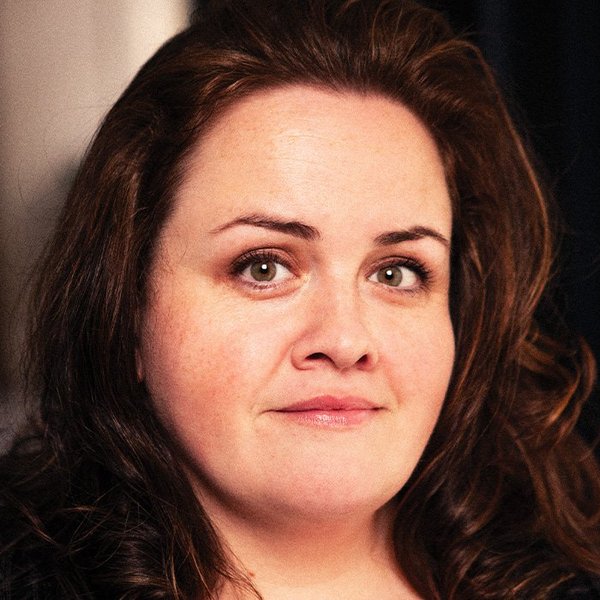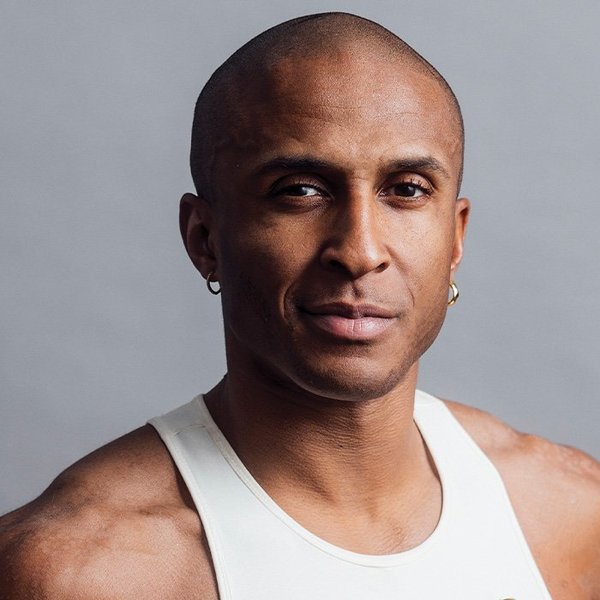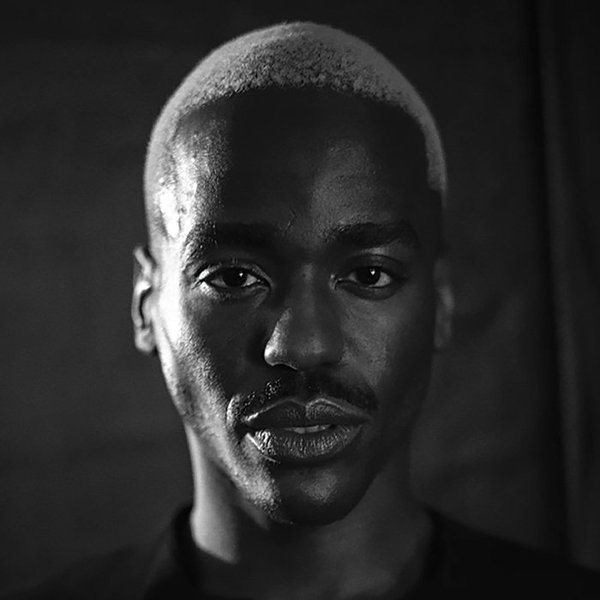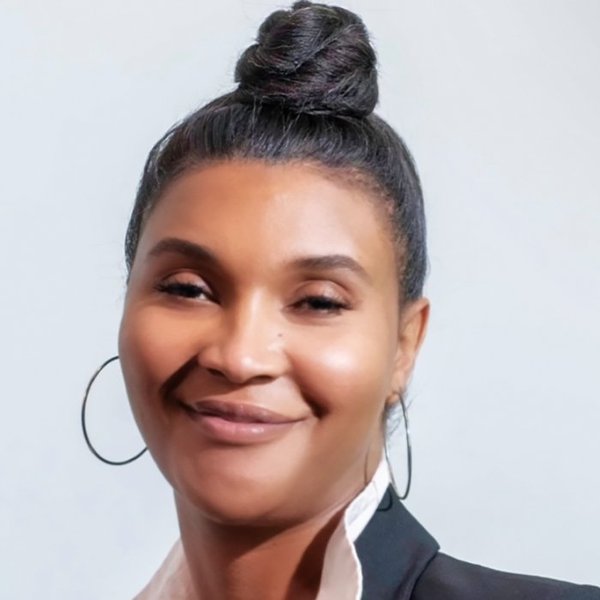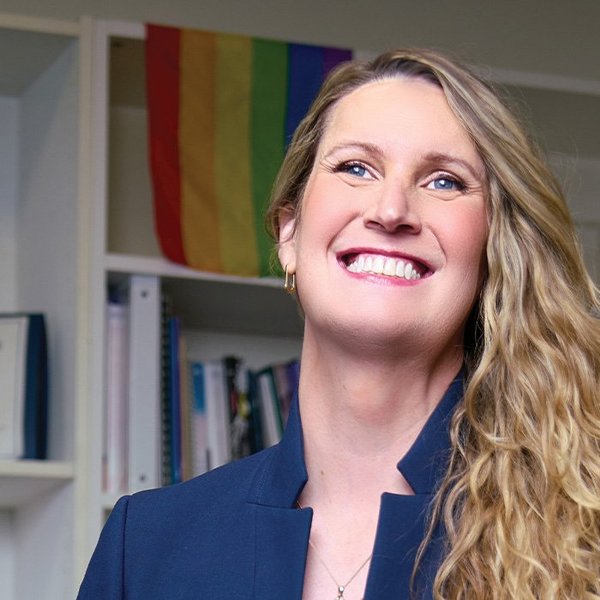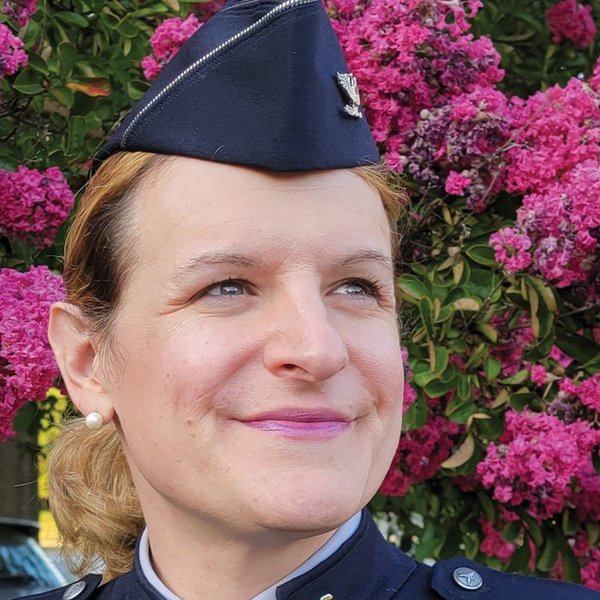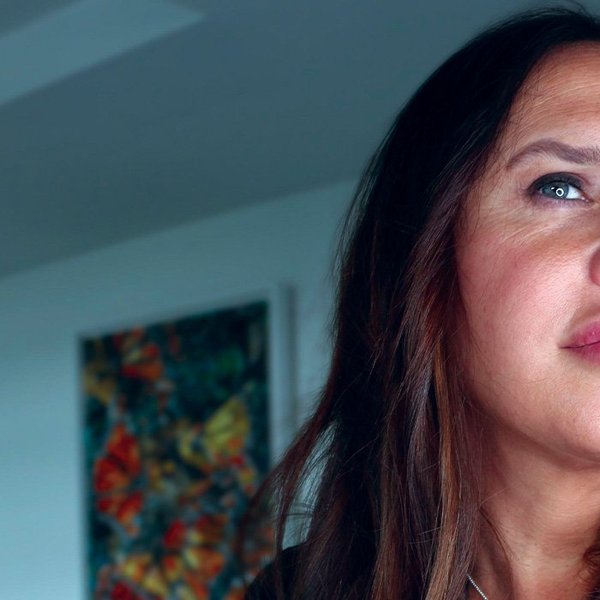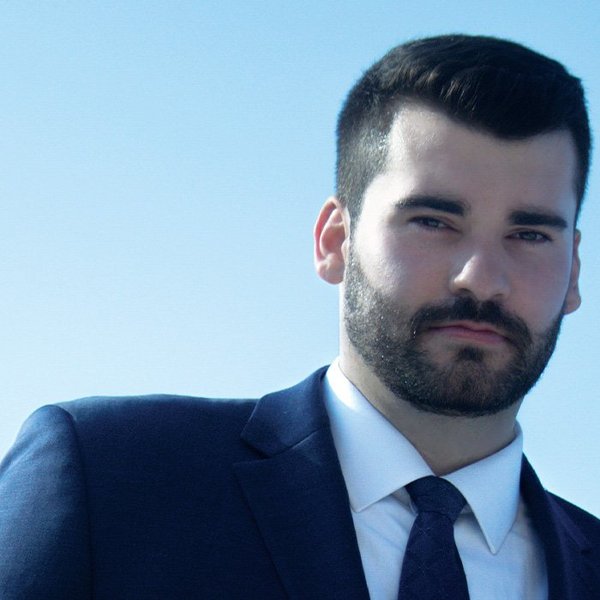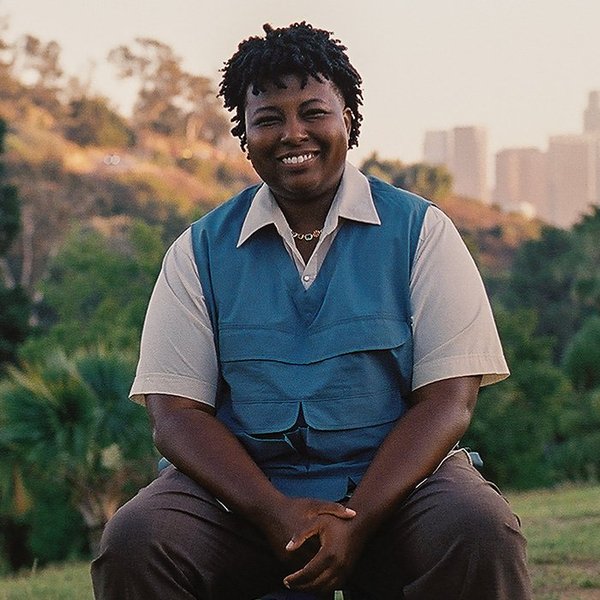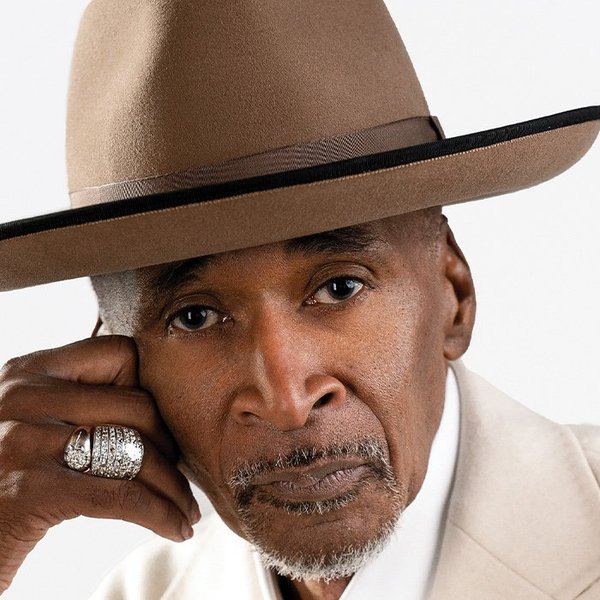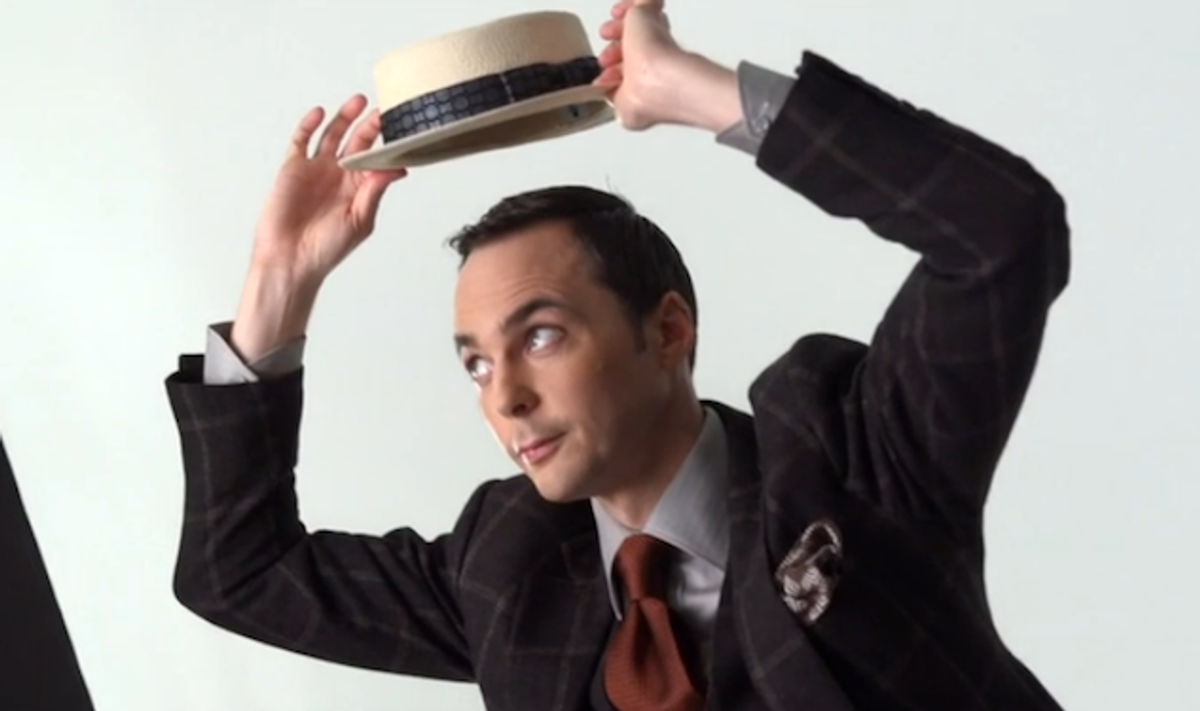
Photography by Danielle Levitt
Roberta Kaplan: When Edie Windsor contacted Kaplan, a partner at the law firm Paul, Weiss, Rifkind, Wharton & Garrison, several gay rights groups had already declined to represent her in what would become a landmark case leading to the repeal of the Defense of Marriage Act. Kaplan took fewer than five seconds to decide yes. "I was pretty confident that we would win," she says. "I would have to say I was certainly thrilled, and perhaps a little bit surprised, by the breadth of the decision by Justice Kennedy -- I think it mentions the dignity of gay people and their relationships something like 10 times in 26 pages." The young Kaplan -- Robbie, as her friends know her -- was heavily influenced by her grandmother, whom she remembers as a "very brilliant, very righteous woman." It's from her that Kaplan inherited her ideals and drive. "One of my dreams was to move to New York," she says, "and another dream was to change the world, to do what in Judaism is called tikkun olam, or 'repair of the world.' " Consider both dreams accomplished.
Hilary Rosen: A self-described "strong, progressive Democrat" whose mother was the first woman to be elected to her city council, Rosen developed her activist credentials during the AIDS crisis, when she deliberately outed herself to members of Congress in an effort to win AIDS funding. It was her good fortune (and ours, too) that her company, SKDKnickerbocker, was chosen by Edie Windsor's legal team to run the PR machine behind the challenge to DOMA. "The most important thing we felt we needed to do was to build what we would call a 'permission structure' -- for the Court to see that the country was really ready for them to come to the decision they did," she says. "In retrospect it's hard to imagine that just a couple of years ago, the country was overwhelmingly against same-sex marriage."
Photographed at Dune Studios in New York City on September 16, 2013













